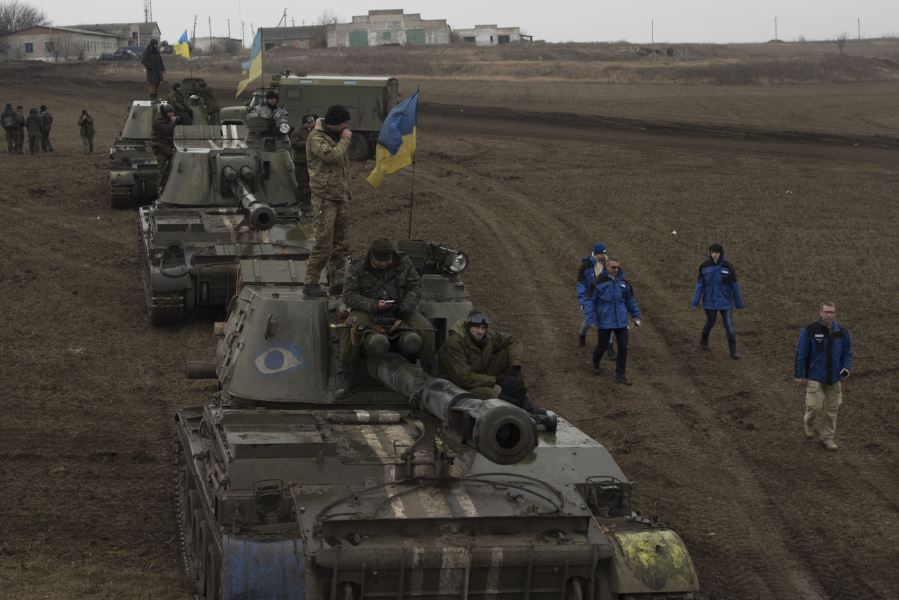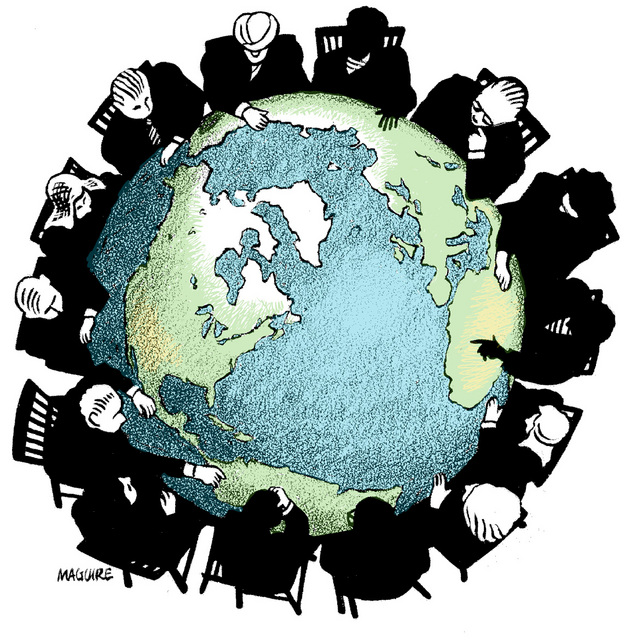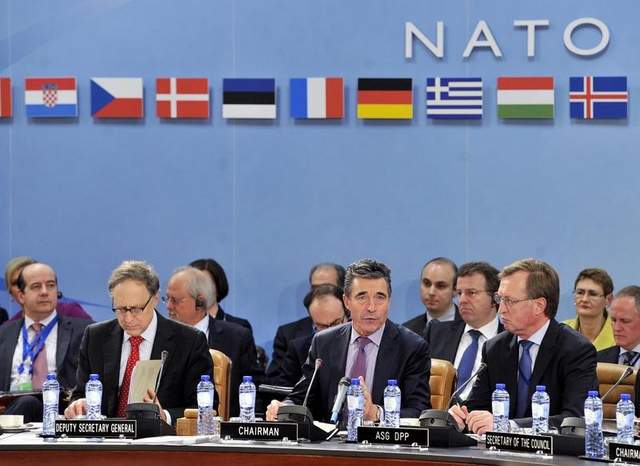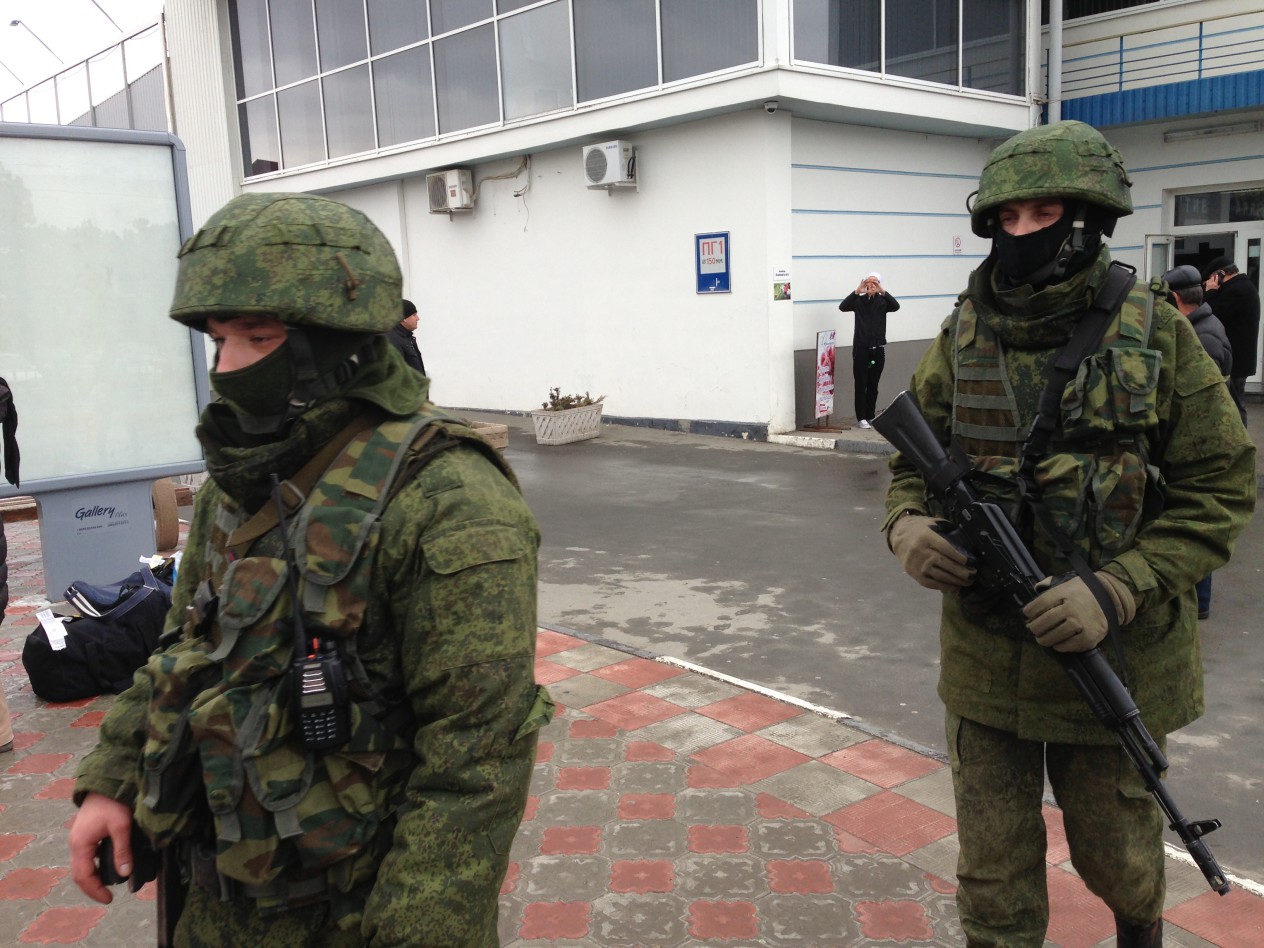Territorial conflicts are typically quite simple to understand. Nuances aside, it boils down to this: opponents fight over the same piece of land, the country that controls the land wins.
Not so with the war in Donbas, where the opposite appears to be true: whoever controls the region is the loser. To quote Alexander Motyl, a professor at Rutgers University, Donbas, the region in Eastern Ukraine that encompasses the self-styled Donetsk and Luhansk People’s Republics, is “an economic hell hole.”
As a region, Donbas is extremely reliant upon the centralized Kyiv economy. For the first six months of 2013, the Donetsk Oblast transferred $3.85 billion Ukrainian Hryvnias (UAH) to the state budget, and received UAH $13.09 billion in return. Similarly, the Luhansk Oblast transferred UAH $4.35 billion to Kyiv and was allotted a budget of UAH $9.42 billion.
Of the 26 Ukrainian administrative regions, Donetsk and Luhansk had the 20th and 21st largest regional deficits in the first half of 2013, respectively. This may seem surprising, as Donbas has historically functioned as an invaluable economic region for Kyiv, containing the bulk of Ukrainian mining, manufacturing, and industrial centres.
However, a cursory examination of Donbas’ industrial and mining capabilities is deceiving. Although more than 90% of Ukraine’s coal production comes from the 190 mines located in Donbas, Prof. Motyl explains that Donbas is, in reality, “a polluted rust belt that serves as the stronghold of anti-reform Communists.”
He is not wrong. Researchers at the Ukrainian Academy of Sciences estimate that 80% of the region’s mines have operated for the past 20 years without undergoing an appropriate modernization campaign. This has led to a marked increase in the cost of coal production, as well as a heavy decrease in the environmental standards of a region that has never been environmentally conscious to begin with.
Oleg Savitsky of Energy Post reports that in 2014, hazardous emissions from Donbas coal mines exceeded EU-mandated levels by up to 40 times. In addition, information service MBendi estimates that only three or four of the country’s mines are actually profitable, while all suffer from worsening work conditions and a high potential for injury.
These conditions have worsened dramatically since the initiation of hostilities in April 2014 between Ukrainians and the Donbas separatists, spurred on by Russian troops and heavy weaponry. The near-constant fighting has seen Donbas’ infrastructure and industry bear the significant weight of the shelling.
Donbas has been hamstrung by President Putin’s hybrid war. The shelling has led to numerous mine closures, and has rendered industrial renovation impossible. There is little foreign investment in the region due to its volatility, and the economy continues to contract exponentially. Prof. Motyl estimates that Donbas’ GDP fell by approximately 86% last year.
From an economic standpoint alone, neither Russia nor Ukraine would benefit from having to continually prop up the region. From a Ukrainian political standpoint, Donbas has the potential to completely cripple the country.
As discussed in a previous article, Russian policymakers have made it transparently clear that with the failure of Putin’s Novorossiya campaign, the new priority is to reincorporate the separatist territories back into Ukraine under a special status of relative autonomy.
This would be an utter disaster for Ukraine. Given that the separatists refuse to relinquish their control over Donbas, granting decentralized autonomy to the rebel-held areas of Donetsk and Luhansk would create an exploitable open sore within Ukraine.
The centralized nature of the Kyiv government would be completely paralyzed, fiercely challenged by the separatists at every juncture. The decision would also establish a precedent for western separatist regions like L’viv to pursue autonomy. In effect, Ukraine would become Europe’s newest failed state. As Yuri Shvets, former Ukrainian KGB agent, explains:
“The Donetsk and Luhansk province territories captured by the aggressor … are a Trojan horse. Putin created it; let him now feed it. To let that ‘horse’ into Ukraine is tantamount to political and economic suicide.”
The Ukrainian public is well aware of Kyiv’s predicament, and largely agrees that granting autonomy to Donbas would be disastrous. A March 2015 public opinion poll conducted by the Kyiv International Institute of Sociology found that six out of ten Ukrainians preferred to keep the country intact, with no autonomy granted to Donbas. This percentage increased dramatically in western regions, while only one of six subjects preferred this option in rebel-held areas.
Unsurprisingly, the options of granting autonomy to Donbas or allowing the region to secede altogether were met with high rates of disapproval, except in the East. However, Prof. Motyl controversially argues that allowing the separatist regions to secede entirely might prove to be the best option for Kyiv. He cites the economic instability and radical politics of Donbas as indicators that the region is dragging the entire country down.
As well, he presents the falling regional birth rates and rising rates of death, infant mortality, AIDS, poverty, energy consumption, and life expectancy as evidence of a region that needs Kyiv more than Kyiv needs it in return. As cold as simply cutting ties with Donbas may seem, Prof. Motyl’s argument does carry practical weight.
A Pew public opinion survey from June 2015 revealed that 58% of Ukrainian respondents held favourable views of NATO, while only 27% viewed the alliance unfavourably. The majority of these negative views most certainly come from residents of Donbas.
Without the inevitable push-back from Donbas, secession would allow Ukraine to build closer relations with NATO and the EU. By cutting its anchor, Ukraine would be free to embrace its rightful position within a democratic and uncorrupted Europe. And thus, both Russia and Ukraine appear to be in the unique position of fighting over territory neither country actually wants to keep.





